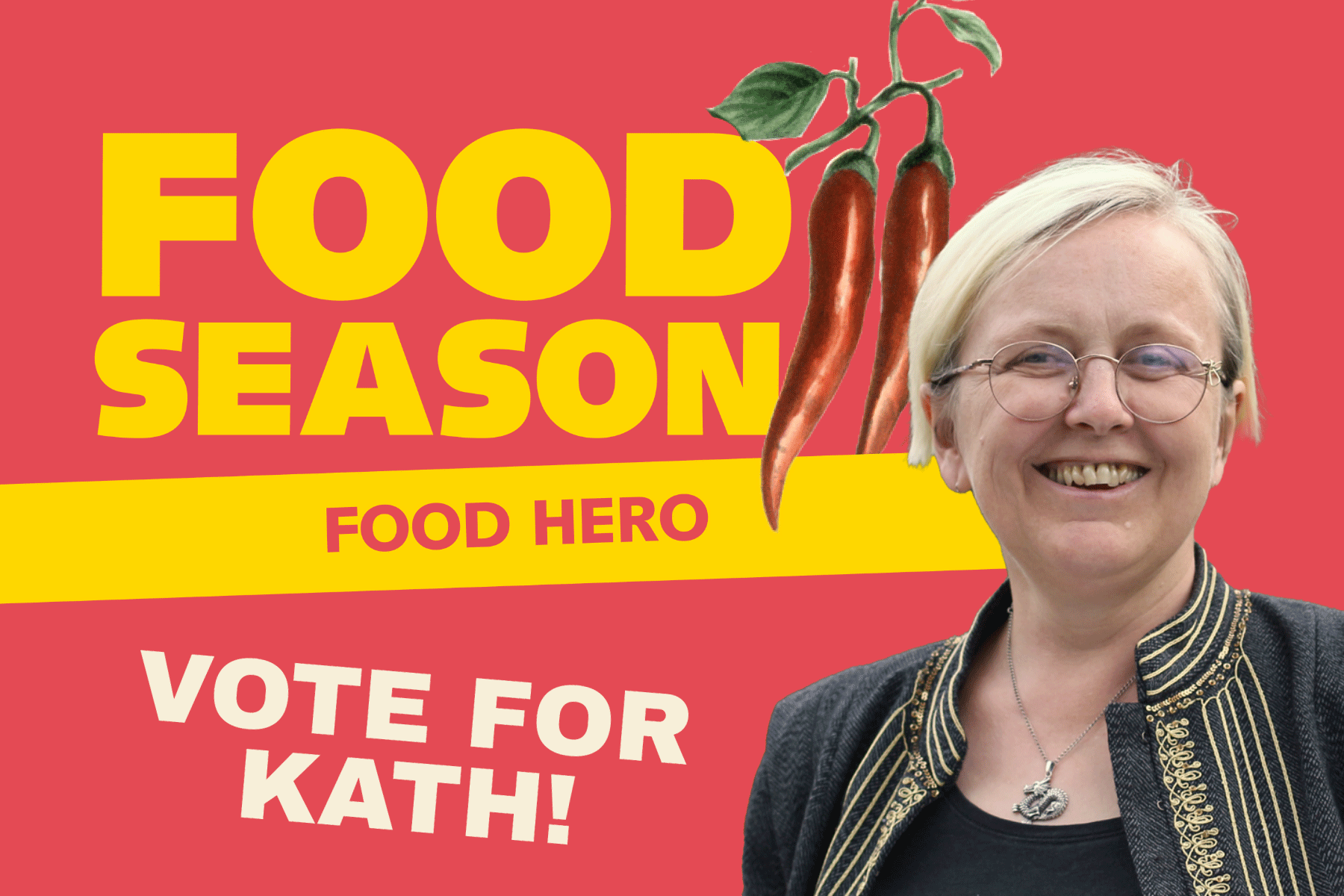
With children spending an average of 2280 days at school by the age of 16, the food and food teaching in schools is a great opportunity to help children develop healthy eating habits, and the knowledge and skills to lead healthy lifestyles.
Historically, school food has had a bad reputation, with decades of under-investment leading to poor quality school meals, and children leaving school with little or no knowledge of how or what to cook, or where their food came from.
Although there have been improvements in recent years with the introduction of mandatory standards for school food, and the addition of practical cooking lessons to the secondary school curriculum, the future of food in schools is still uncertain. The shake-up of the welfare system means free school meal eligibility will be changing, while support for school meal services is at risk, and a focus on academic attainment means that food teaching may be given less emphasis.
What needs to change? The Children’s Food Campaign believes we need:
- Good school food
- All children to have access to healthy school meals
- Real food education, including practical cooking lessons and involvement in food-growing activities
Children's Food Campaign: Campaigning for policy changes so that all children can easily eat sustainable and healthy food.

